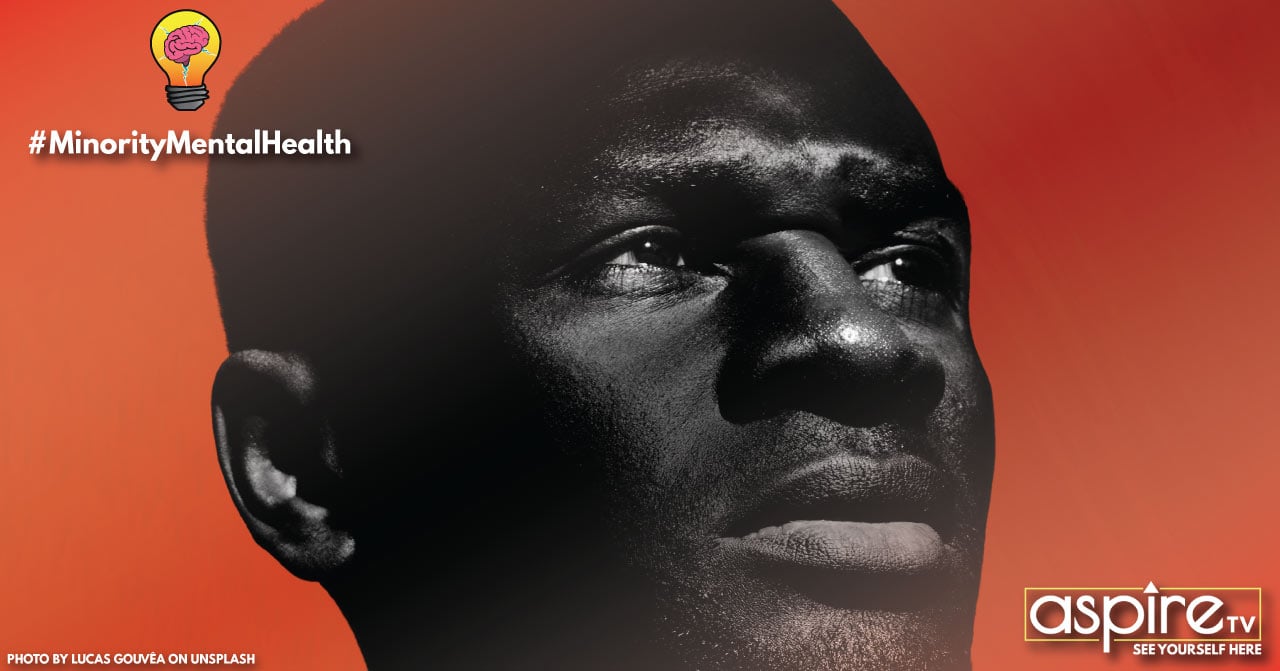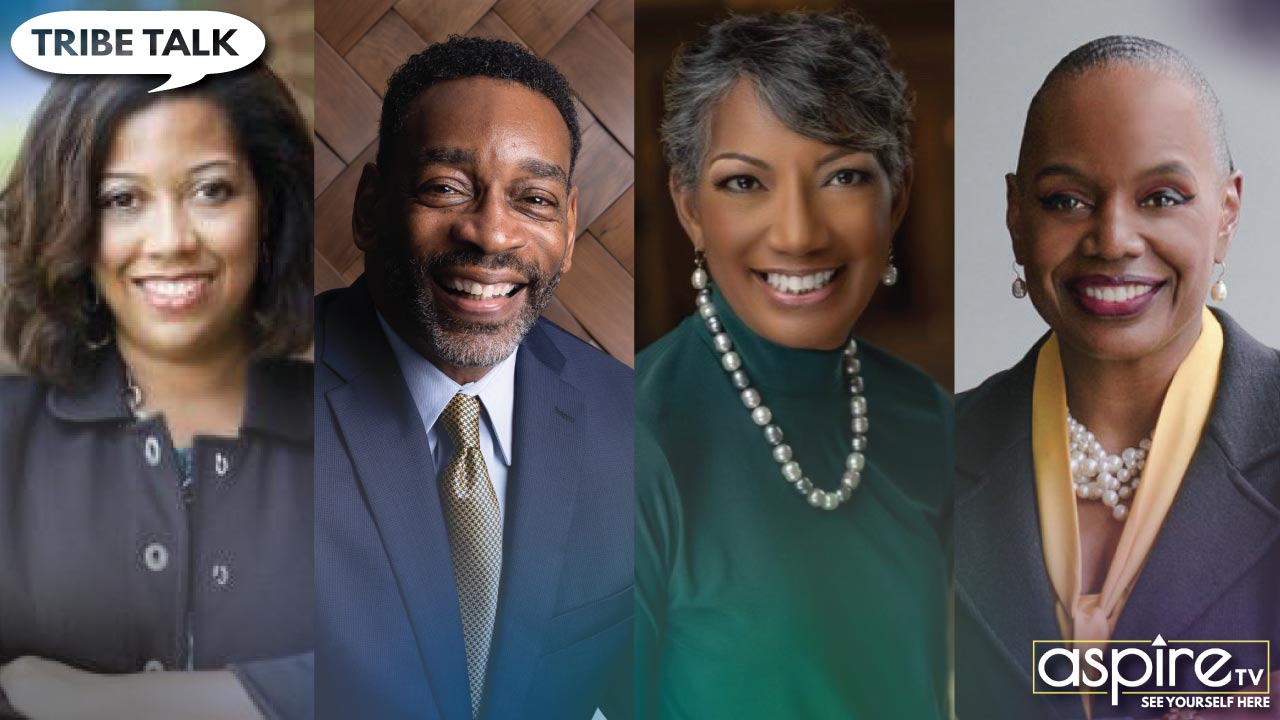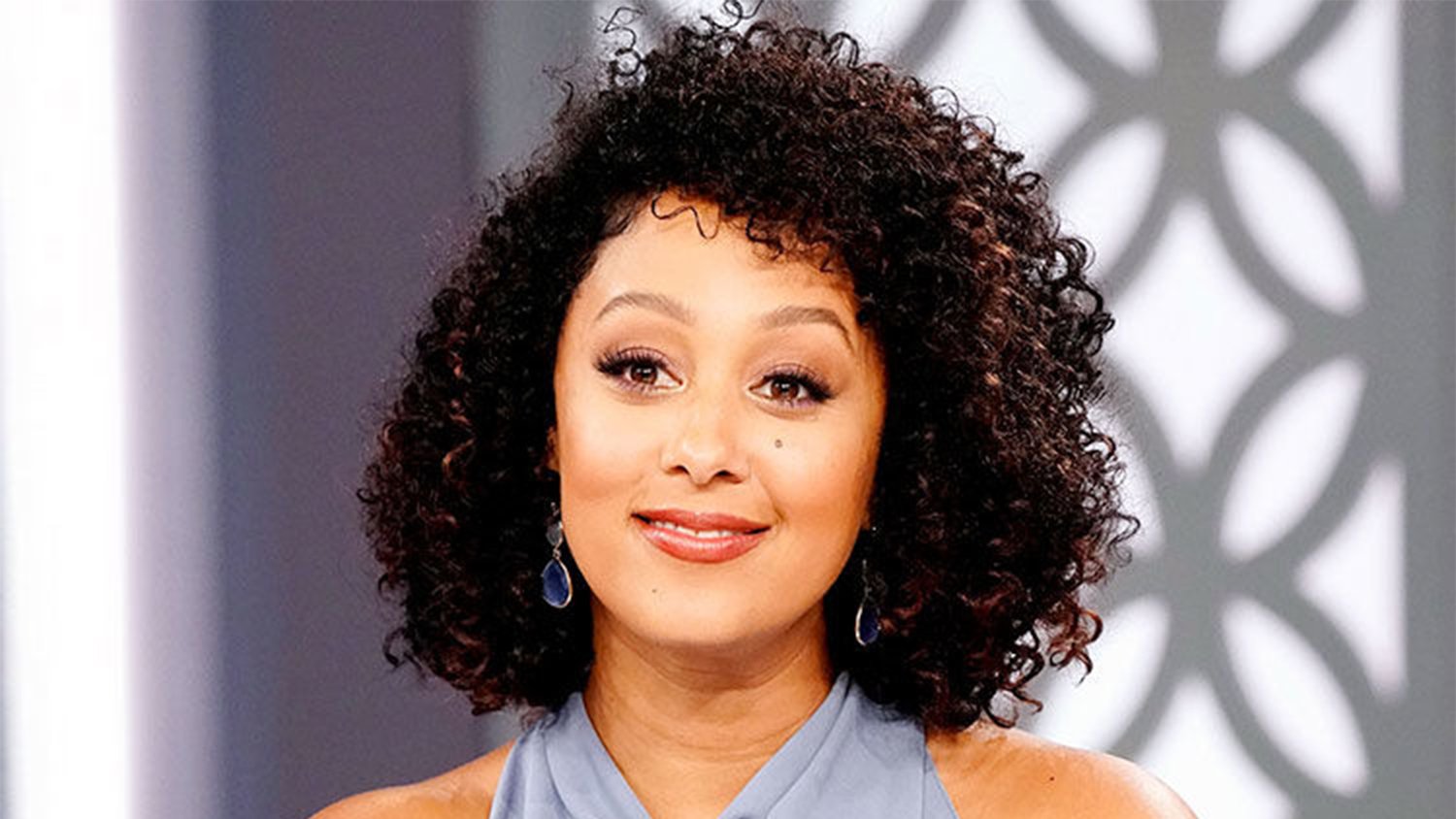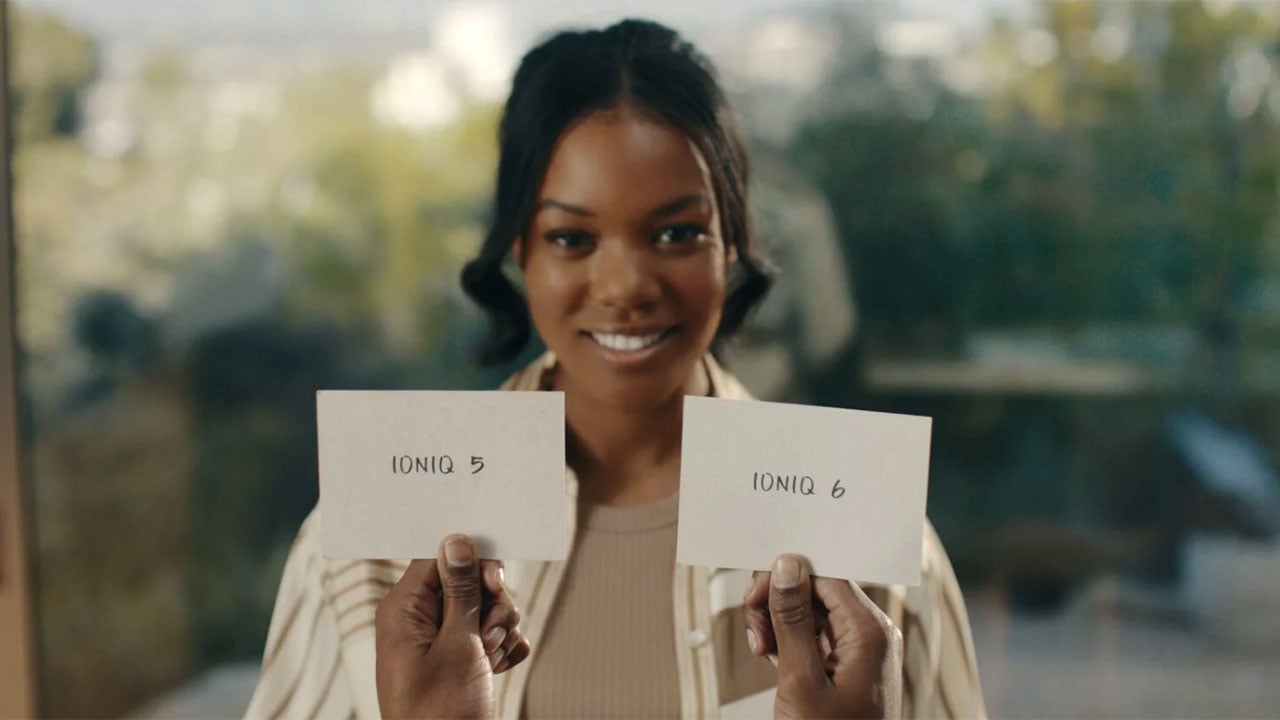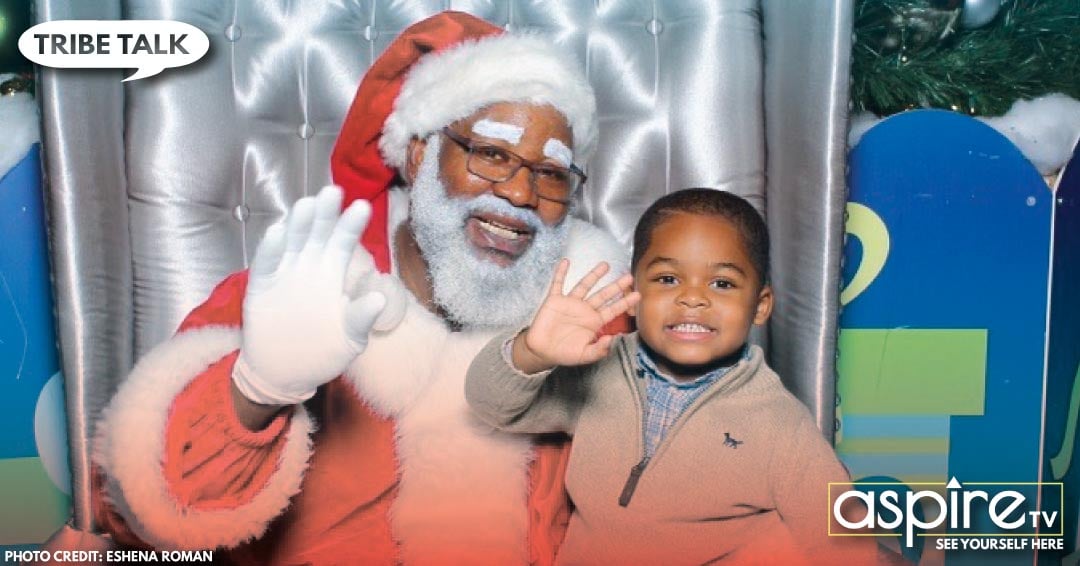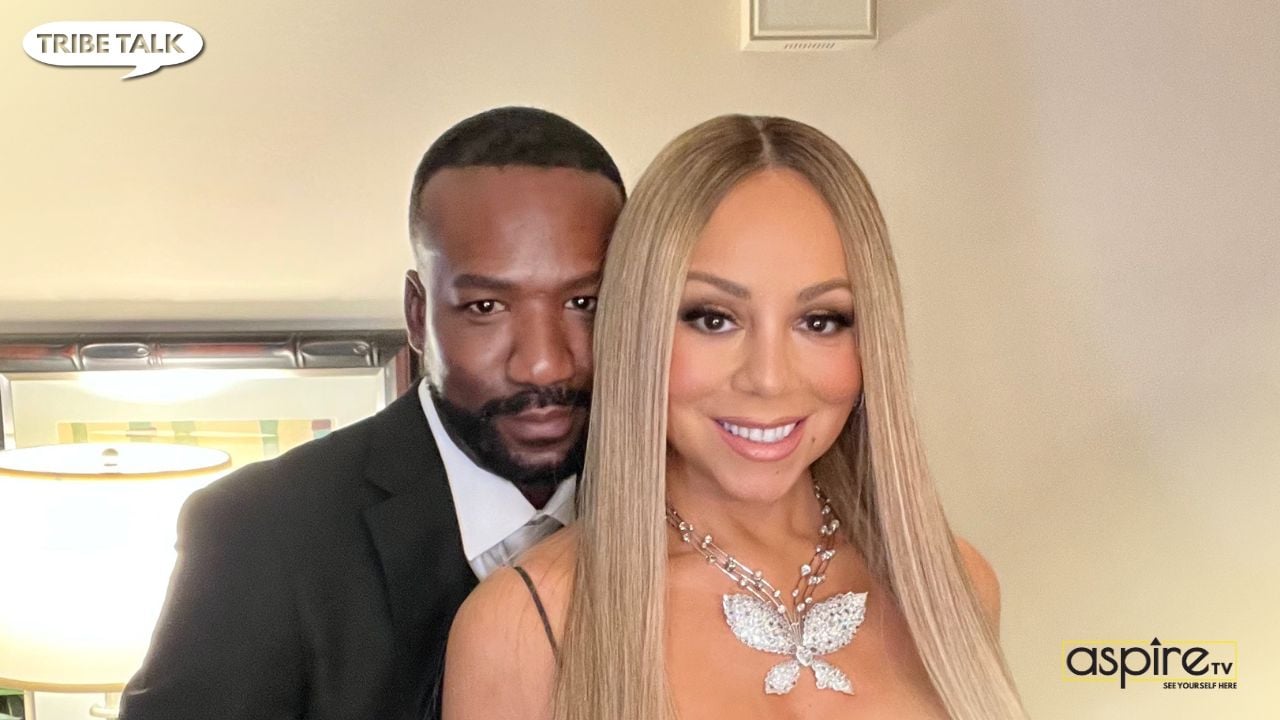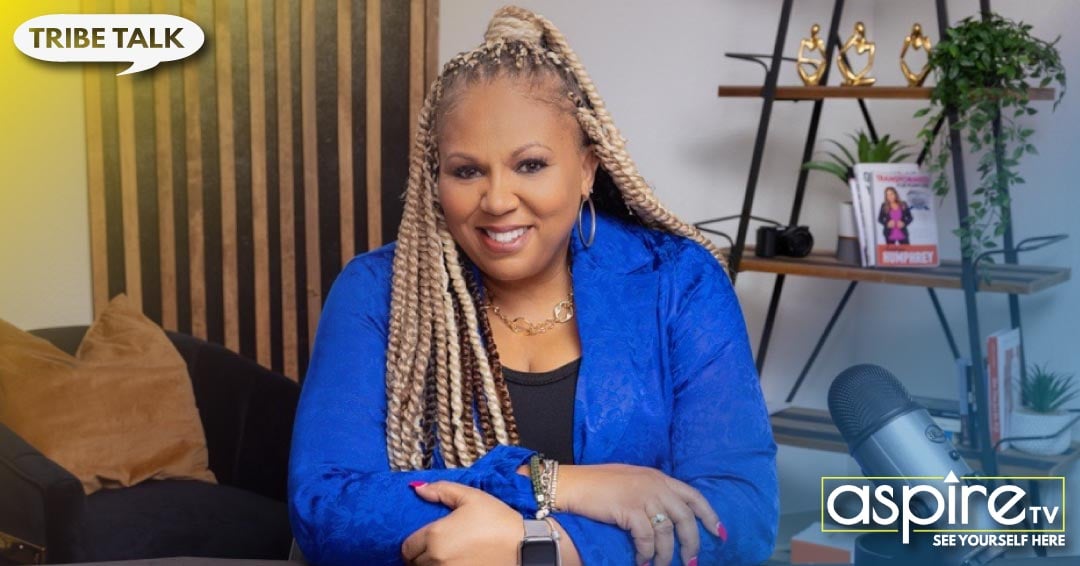AspireTV: Nehemiah, how did your own journey lead you to this mission, and why do you believe it’s so critical for Black individuals to have access to these discussions?
Nehemiah McClendon: Coming from a personal background where family members and friends have suffered from mental health challenges, including my mother developing PTSD after an abusive relationship and friends impacted by depression, I felt a strong calling to advocate for my community. Growing up in the small city of Brunswick, Georgia, I was surrounded by constant crime and poverty. Spaces like this predominantly experience the most trauma and anxiety, yet are the least likely to report or seek mental health help. After dedicating over seven years to the mental health field and completing a Ph.D., I am finally ready to be a change agent in how communities like mine experience and discuss mental health.
AspireTV: Your children’s book, The Time I Cried in Dr. Moore’s Office, addresses the complex emotions of a young Black boy. What inspired you to focus on children’s mental health, and how do you hope this book will impact young readers and their families?
Nehemiah McClendon: To answer this, I must address the reading struggles our community faces. Less than 50% of all third-grade students are reading at or above grade level, and this issue is far more severe for Black and Brown students. Research shows that children who aren’t reading proficiently by the end of third grade are four times more likely to drop out of high school, face higher rates of unemployment, and have a greater risk of health issues. Given the fundamental role reading plays in success, particularly for Black youth, it only made sense for me to write something that could impact them at their core. I hope this book encourages and motivates them to read. I’ve worked hard to incorporate different forms of symbolism that will help young readers feel seen as they engage with the text. While the book is written for Black youth, it resonates with all ages, including adults, by helping those who haven’t had the opportunity to express their emotions to open up.
AspireTV: Black business owners often carry the weight of their communities on their shoulders. How do you think mental health awareness can support the sustainability and success of Black-owned businesses?
Nehemiah McClendon: Mental health awareness can significantly support the sustainability and success of Black-owned businesses through partnerships, education, and resources that help manage stress and promote well-being. Running a business is challenging, and many Black entrepreneurs feel the pressure of not only succeeding for themselves but also meeting the expectations and needs of their communities. This weight can lead to burnout, anxiety, and even depression, which can hinder productivity, creativity, and long-term growth. By raising mental health awareness, we can create environments where business owners are encouraged to prioritize self-care and well-being. This equips them with strategies to manage stress, set boundaries, and maintain a healthy work-life balance. Partnerships between mental health professionals and Black business owners can provide access to tailored resources, such as workshops, counseling, and stress management tools, allowing them to navigate the unique challenges of entrepreneurship more effectively.
AspireTV: Philanthropy is a significant part of your work. How do you see your initiatives, like your book and educational programs, contributing to the broader movement of Black philanthropy, particularly in the realm of mental health?
Nehemiah McClendon: A lot of the projects for Intangled focus on giving back, but in a way that supports the mind. Initiatives like “Books N the Hood,” where we set up stands to hand out free books to impoverished communities, and “GriefGiving,” where we support grieving families during the holidays with support groups to process loss, are examples. These initiatives provide opportunities for people to feel supported and cared for in our communities. They also open up new perspectives on how the Black community views philanthropy and their personal ways of contributing back to their own community.


